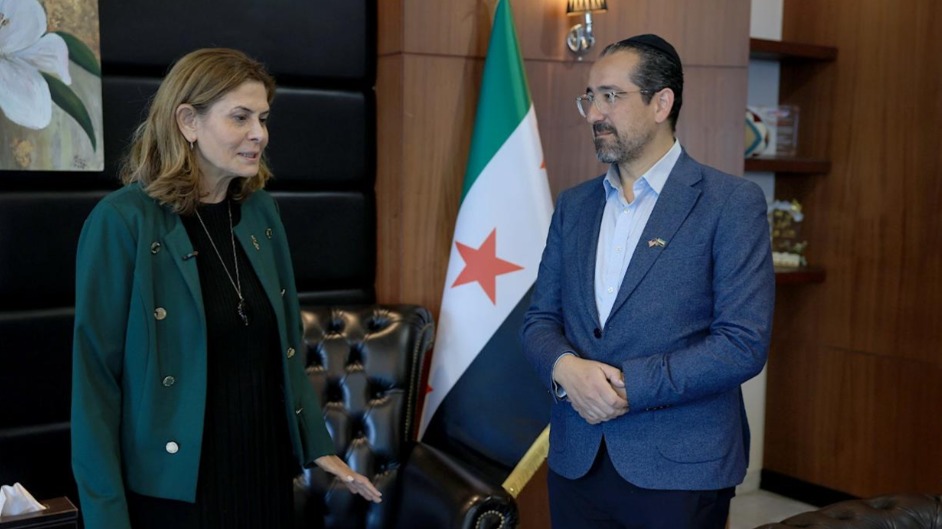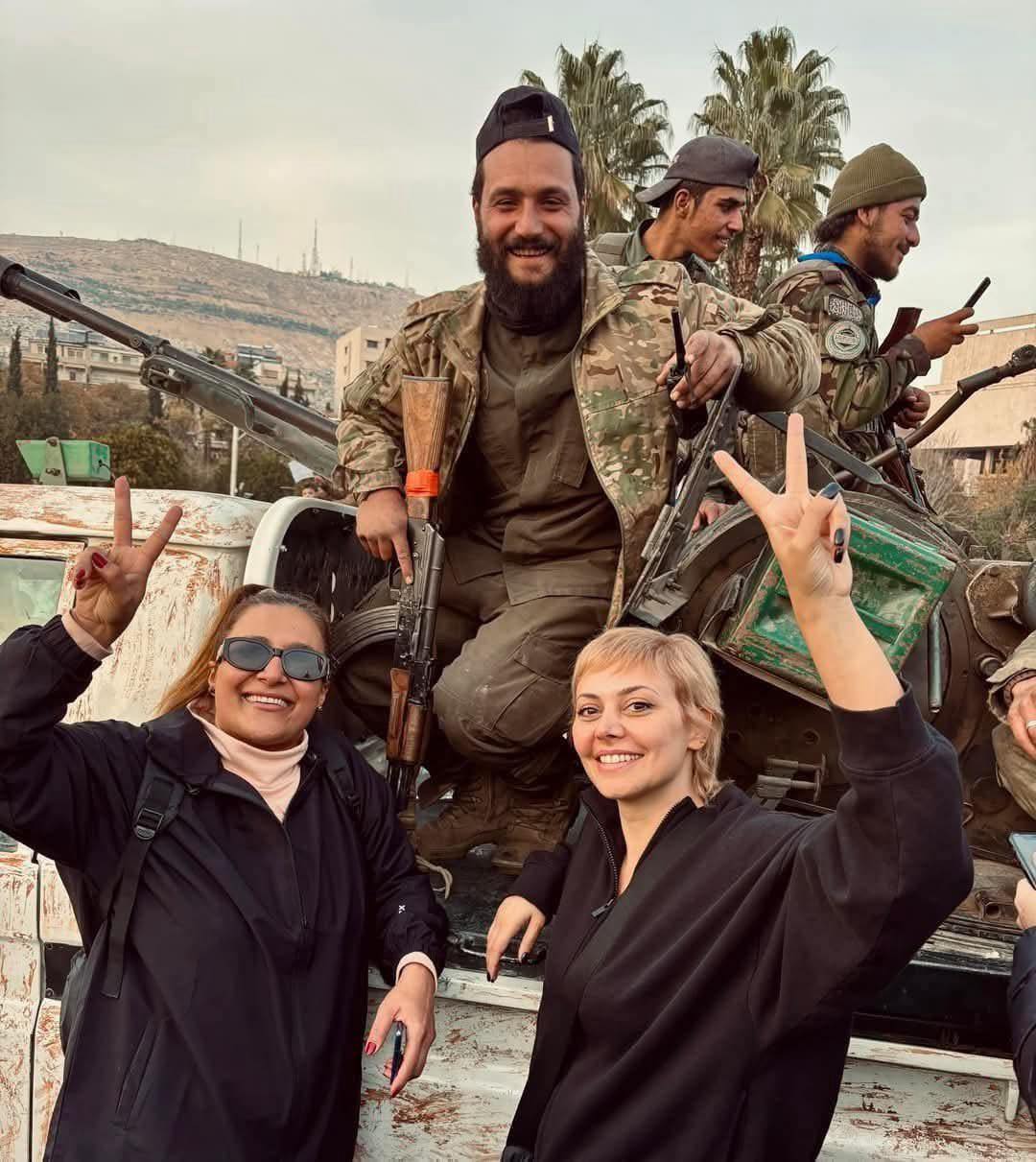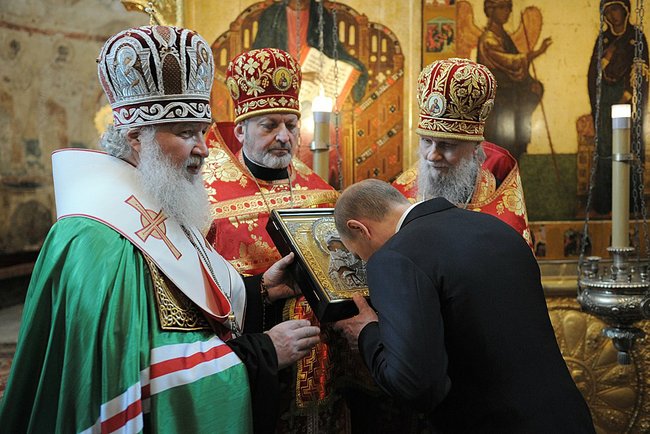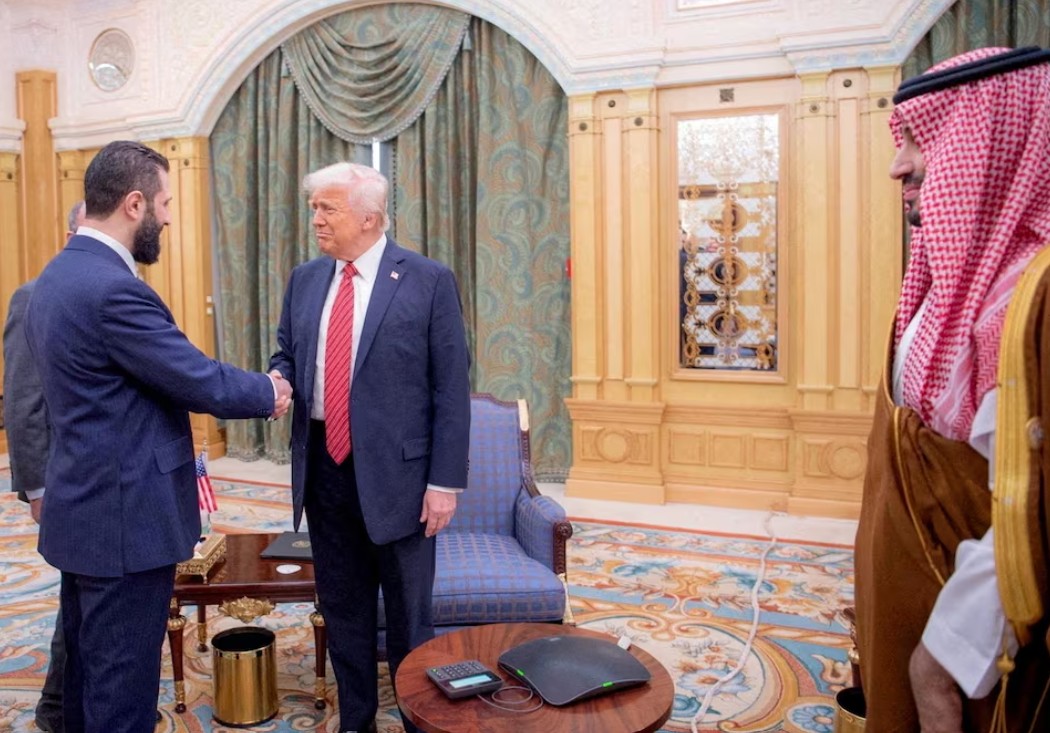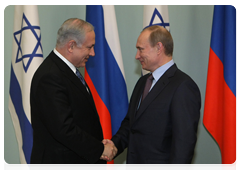The Fox and the Henhouse: Tel Aviv Lectures on Syrian Minority Rights
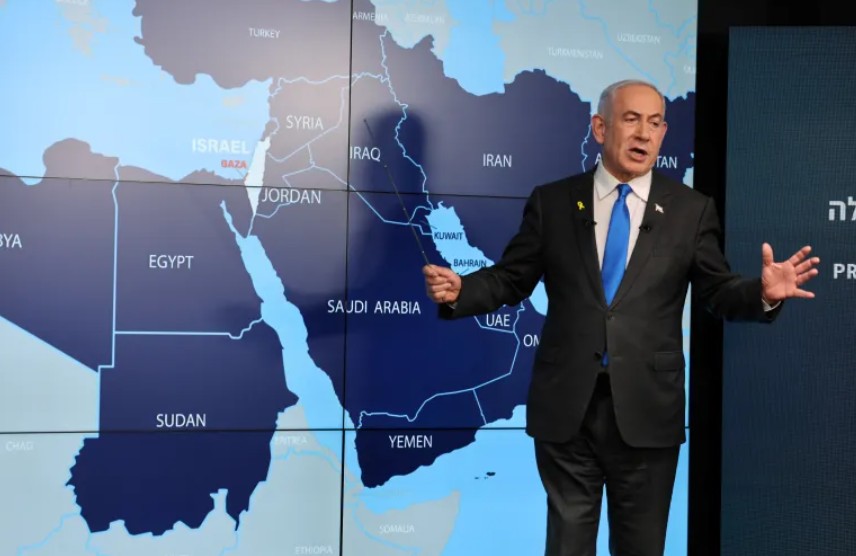
On October 27, Edy Cohen, Israeli journalist and super-hasbara, will host what's being billed as the Middle East’s 'first minorities conference' in Tel Aviv — a jamboree of noble rhetoric about protecting vulnerable communities primarily in Syria. The timing is quite surreal: Gaza lies in ruins, its surviving people being starved under bombs and siege; Lebanon and Syria are bombed routinely, and only a couple of days ago, Donald Trump had to personally force Netanyahu to apologise for a reckless strike on Qatar, vowing US protection for the Gulf state which houses the largest US fleet in the region. But despite all this, Israel is ready to lecture the region on minority rights, like a fox lecturing hens on their right to life, liberty, and a balanced diet.
The logic is crude but effective for a Western audience. By posing, however implausibly, as guardian of minorities, Israel can deflect any criticism of its actions as antisemitism. Minorities are reduced to the status of props in a grotesque morality play staged to cover for settler colonialism and genocide. Palestinians are excluded by definition: they are not a ‘minority,’ after all, but the indigenous majority being denied and erased.
Across the Atlantic, meanwhile, Netanyahu’s sponsors in Washington have suddenly rediscovered their own passion for minority-protection in Syria, with a planned U.S. military withdrawal from Syria quietly shelved, replaced by solemn warnings about “regime stability” and concern over attacks on minorities under the post-Assad government. This is the new pretext for staying put. Let’s hope that’s all it is.
The rhetorical shift is certainly striking. Only a week ago, US Secretary of State Marco Rubio warmly greeted President al-Sharaa on the sidelines of the UN General Assembly in New York, during which the Syrian leader delivered a masterful speech, the first address by a Syrian president in almost 60 years. Now, the very same leadership is rebranded as a “regime,” its president al-Sharaa slapped with the label “Islamist.” In Washington’s lexicon, insufficiently pliable Muslims in office, however democratic, mean instability and menace; non-Muslim minorities, when useful, are synonymous with peace and pluralism. The message is clear: only external guardianship can keep Syria intact.
This rhetoric all seems very familiar from Egypt in 2013. Back then, Mohammed Morsi — the country’s first democratically elected president in many years elected the previous year following the toppling of the previous dictator, Hosni Mubarak — was relentlessly vilified and painted as an Islamist extremist, largely in response to his support for Palestinian and Syrian freedom and his severing of diplomatic ties with Israel and Assad in protest at their repression. He was ousted in a brutal coup by the leader of the military, Abdelfatah Sisi, whose forces gunned down protesters. Sisi immediately restored those diplomatic relations, went on a shopping spree for weapons and torture equipment in Washington and Moscow, and crushed dissent with a ferocity far beyond Mubarak’s. All of it justified in the now-standard name of “counter-terrorism” and “stability.”
Now Syria shows echoes of the same pattern. Extremists in minority areas have launched attacks, some with external backing. Israel has openly supplied arms to its Druze allies. Damascus arrests perpetrators, but the global narrative insists Muslims equal violence, minorities equal victims, and only foreign powers can ensure coexistence – through installing useful dictators.
Donald Trump is arguably less hypocritical than his predecessors in Washington; no longer content to corrode democracy abroad, he’s now showing the same commitment to authoritarian rule at home — most recently convening a mass meeting of U.S. generals, warning of a “war from within,” and proposing that the US military treat American cities as “training grounds”. For a White House headed in that direction, the spectacle of Syrian revolutionaries overthrowing a hereditary dictatorship and championing self-rule is not a model to applaud but a contagion to contain. Ideas of freedom, even fragile, are dangerous.
And so, Israel stages a minorities roadshow, Washington rebadges Syria’s government as an Islamist regime, and the language of protection is wheeled out as cover. The fear is not simply instability in Damascus. It is that Syrians, through sheer persistence, might give people elsewhere, regionally and globally, ideas about resisting tyranny and demanding freedom.
None of this proves any coup is in the works or even under consideration, of course — but the parallels with 2013 Cairo are too sharp to ignore. Minority protection as a slogan. Islam as a menace. A coup as salvation.
If this is what “concern for minorities” looks like, one shudders to imagine what outright hostility entails.
By Ruth Riegler






